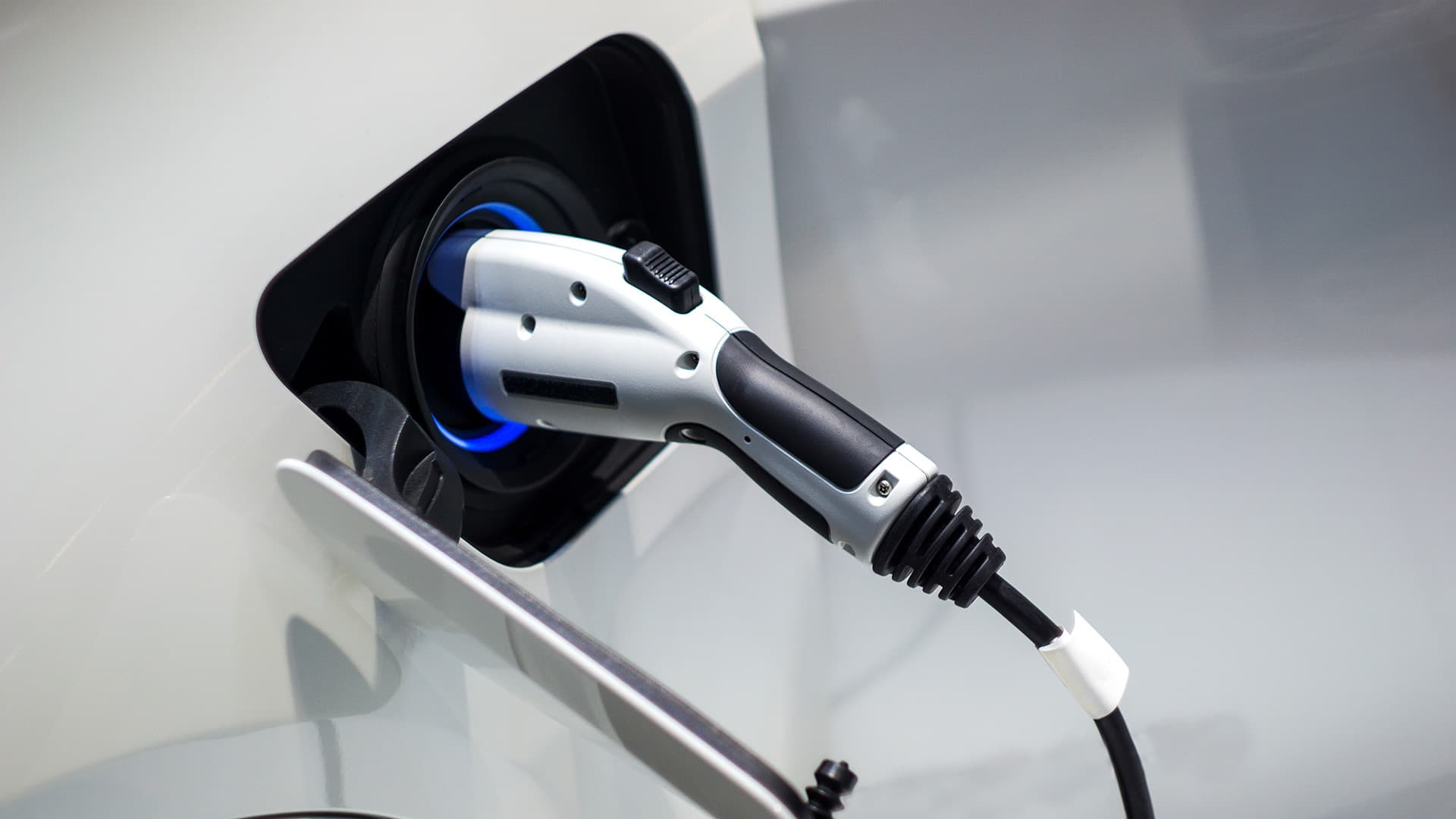A recent study by Porch Research has revealed a wide assortment of interesting insights into the state of EVs in the U.S. According to the study, there are currently over 1.6-million home electric vehicle chargers in the U.S., and recent figures suggest there are an estimated 1.8-million PHEVs and BEVs currently occupying the roads in the U.S. But public infrastructure is lagging behind, with an estimated 53,000 public charging stations in the country. Basic math shows that’s about 33 electric cars per charger, but that doesn’t really account the density of charging stations to vehicles based on location. Still, as electrified vehicles continue to grow in popularity, studies such as this one provides data on what EV owners should come to expect when it comes to charging in the U.S.
The study found that 30 percent of Americans who might be interested in switching to an EV currently can’t charge anywhere near their homes. Even though most current EV owners predominantly charge at home, those who aren’t able to might find the ownership experience a bit frustrating if there aren’t any public chargers close to home or work. Currently, the city of Riverside in California has the highest percentage of households with EV chargers installed at 20 percent. Outside the state of California, the city of Atlanta, Georgia is the metro with the highest percentage of single-family homes with a home EV charger at 8.5 percent. Metros surrounding Houston and Austin in Texas have a high level of EV registrations, but only one to two percent of households have EV chargers. Despite having one of the largest EV fleets in the country, New York City has one of the lowest percentages (0.5) of home chargers, likely due to how much of the city’s housing are apartment blocks and how difficult it would be to install a home charger.
Outside the state of California and the city of Atlanta, Seattle reports 6.3 percent of its homes have EV chargers. Washington, D.C. follows at 5.6 percent, while Boston has 4.9 percent.
As for the lowest? Memphis, Louisville, and Oklahoma City “lead” the way with the lowest percentage of homes with EV chargers, with just a paltry 0.3 percent being reported in Memphis.
If you currently own an EV and thinking about installing a home charger, you might be interested to know whether it will increase your home’s value. Unfortunately, according to the study, it’s too early to tell. The study looked through real estate listings in America’s 500 biggest cities, seeking homes with EV chargers. Of its results, it found only 522 home EV chargers, which equates to roughly 0.5 percent of all real estate listings inside those 500 cities. Although homes with electric car chargers did show to be more expensive than that average home listing in the same city, that only really suggests that homes with EV chargers are in a more premium segment—which makes sense, given the average price of a current EV.
For the most part, the EV market is still in its early stages, and while it is growing in popularity, there is still a long ways to go before EVs are considered adopted on a large scale. Still, this study does show the infrastructure in the U.S. needs improvement, and home EV charging may not be as convenient as you might expect. But if you do own an electrified vehicle, or planning to purchase one, we recommend installing a home EV charger if you’re able to. If you’re looking for suggestions on chargers, check out our list here.

